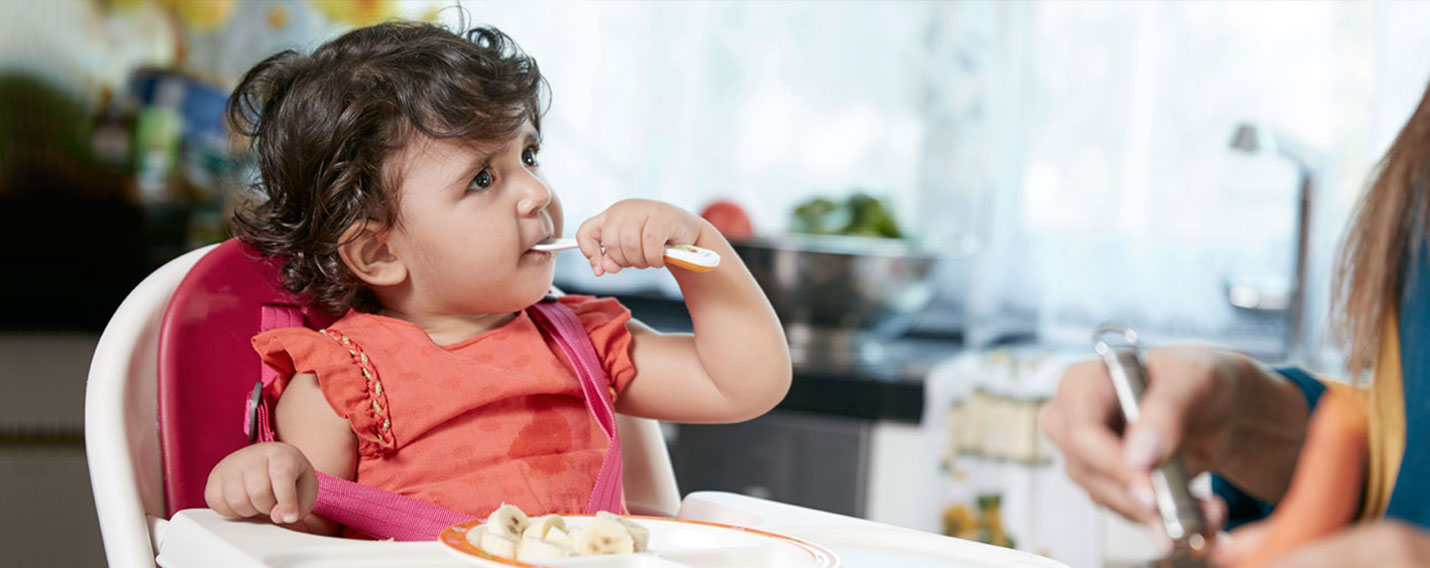Children start rapidly developing from the moment they are born. They develop their skills in mobility, cognition, communication, as well as managing emotions and social interactions. However, the latter is an essential domain to be nurtured especially in the early childhood years during periods of interaction with their caregivers, families, and social experiences with other individuals in the surrounding environment. But what is social and emotional development in children, and what does it mean for a child to be emotionally and socially competent?
Children demonstrate their emotional competence when they are able to identify and understand their own feelings, as well as read other people’s emotional state. They can also demonstrate that when they manage strong emotions, express them in a constructive manner, and build problem solving skills. They are emotionally competent when they can regulate their behavior, develop empathy for others, and establish and sustain relationships. The early emotional and social foundations that are set by parents and families in children are linked to their emotional well-being much later in their lives and relationships. As they mature into adulthood, these foundations are important to help them form lasting relationships, become effective parents, occupy stable jobs, and become active members in the society.
Children start developing from the moment they are born!
As caregivers and parents are at the core of helping children develop emotional and social skills, family time is vital to address these skills and eliminate possible need for future psychological and emotional interventions. Not only are you strengthening your bond with your children, but you are providing your child with the setting to understand and practice the skills they need for emotional health. Also, research shows that family time provides children with the sense of support, safety, and love which directly increases their emotional competence.
However, the quality of family time must be considered as well. As important as it is to be involved in your children’s recreational activities or running errands as a family, it is equally important to dedicate a time where everyone unplugs from outside distractions and focus on one another. Through these experiences, your children can build their emotional repertoires, increase their social competence, develop capacity to use language to communicate their feelings, as well as understand which emotions are appropriate to express in particular settings.
Children’s development encompasses more than just movement, thinking, and academic learning. Crucial parenting practices are involved in developing a child’s emotional regulation and ability to successfully interact with other people. Caregivers play an important role in nurturing this development, as families are the most influential figures in a child’s life from the very start. Children can learn to regulate their emotions, verbalize their feelings, and understand other people’s emotions as well. This can be learned during quality family time where caregivers and children are fully focused on each other in a safe and constructive setting. To ensure that family time is quality time, try to play with your child with the purpose of enhancing their development. For example, give your child toys to build their imagination, like dress-up clothes, kitchen sets, and blocks and you play along too! These activities will help build their ability to express themselves and feel confident in trying new things. Play time can be fun for the whole family, play your child’s favorite music and dance with your child and take turns copying each other’s moves. This will help you bond over shared experiences while building memories for years to come.

Families are the most influential figures in a child’s life from the very start.
Children who are emotionally and socially nurtured, grow up to be successful adults in maintaining relationships, occupying jobs, and being active and contributing members in the society. Therefore, as caregivers, parents, and families much more effort should be given towards investing in the social and emotional development in children as it will likely impact their future wellbeing and standing in society.
Show Resources- Challenge Success (n.d.). Playtime, Downtime, and Family Time: PDF for Elementary-Aged Kids. Retrieved from http://www.challengesuccess.org/wp-content/uploads/2018/10/CS_Flyer_K-5_042018_2.pdf
- Darling-Curcill, K.E., Laura, L. (2016). Early childhood social and emotional development: Advancing the field of measurement. Jounral of Applied Developmental Psychology, USA. Retrieved from http://dx.doi.org/10.1016/j.appdev.2016.02.002
- Ellington, A.S. (2011). The Role Of Family Time On A Young Child‘s Overall Development. University of Alabama, USA. Retrieved from https://pdfs.semanticscholar.org/ed71/3e6562fe2281ee0cb5f0b2f216aeea921d4e.pdf
- National Scientific Council on the Developing Child (2004). Children’s Emotional Development Is Built into the Architecture of Their Brains: Working Paper No. 2. http://www.developingchild.net
- Saarni, C. (2011). Emotional Development in Children. Sonoma State University, USA. Retrieved from https://www.researchgate.net/publication/266090187_Emotional_Development_in_Childhood#:~:text=Emotional%20regulation%20plays%20a%20key,supportive%20relationships%20with%20family%20and






